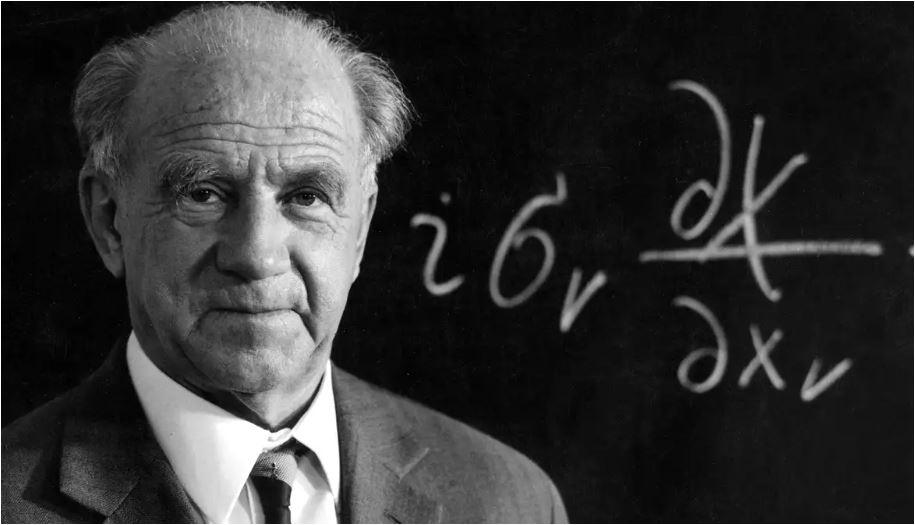Why was Erwin Schrödinger Awarded the Noble Prize for Physics in 1933?
Erwin Schrödinger: Nobel Laureate and Architect of Wave Mechanics (1933)
A pioneer in the subject of quantum mechanics during the early 20th century was the Austrian physicist Erwin Schrödinger.
Renowned for his development of wave mechanics, Schrödinger played a pivotal role in revolutionizing our understanding of the quantum world. In recognition of his exceptional research, he was awarded the Nobel Prize for Physics in 1933. This article explores the reasons behind Schrödinger’s prestigious honor and highlights his remarkable scientific breakthroughs.

Wave Mechanics and Schrödinger’s Equation:
Erwin Schrödinger Nobel Prize was primarily awarded for his development of wave mechanics, a mathematical formalism that describes the behavior of quantum particles as waves. In 1926, Schrödinger introduced his famous wave equation, known as the Schrödinger equation, which embodies the wave-like nature of particles and provides a framework for calculating their behavior.
The Schrödinger equation is a partial differential equation that describes the time evolution of a quantum system. It relates the wave function, representing the probability distribution of a particle, to its energy and potential. The equation allows for the calculation of measurable quantities and the prediction of particle behavior, providing a powerful tool for understanding the quantum world.
Quantum Mechanics and Fundamental Contributions:
Schrödinger’s development of wave mechanics had a profound impact on the field of quantum mechanics. His wave equation provided a comprehensive and elegant mathematical framework for describing the behavior of quantum particles. It unified various aspects of quantum physics, including wave-particle duality, energy quantization, and the probabilistic interpretation of measurements.
Wave mechanics enabled the calculation of atomic spectra, the behavior of electrons in atoms, and the understanding of fundamental quantum phenomena. Schrödinger’s work significantly contributed to the development of quantum theory, leading to a deeper understanding of the microscopic world.
Impact on Physics and Subsequent Research:
Erwin Schrödinger’s contributions had a far-reaching impact on the field of physics. Wave mechanics became a cornerstone of quantum mechanics, complementing Werner Heisenberg’s matrix mechanics and providing a powerful alternative description of the quantum world.
Schrödinger’s equation and wave mechanics found applications in diverse areas of physics, including atomic and molecular physics, solid-state physics, and quantum field theory. They provided insights into the behavior of particles, the structure of matter, and the interactions between particles and fields.
Recognition and Legacy:
Erwin Schrödinger’s Nobel Prize for Physics in 1933 celebrated his exceptional scientific achievements and the transformative impact of his work on wave mechanics. His development of the Schrödinger equation provided a powerful mathematical tool for understanding and calculating quantum phenomena.
Schrödinger’s contributions continue to shape the field of quantum mechanics and inspire further research. Wave mechanics remains an essential framework for understanding the behavior of particles, and Schrödinger’s equation serves as a fundamental tool for calculating quantum states and their evolution. His work serves as a testament to the power of mathematical formalism and theoretical insights in advancing our understanding of the natural world.
Conclusion:
Erwin Schrödinger’s Nobel Prize for Physics in 1933 celebrated his groundbreaking contributions to quantum mechanics and the development of wave mechanics. His formulation of the Schrödinger equation revolutionized our understanding of the quantum world, providing a comprehensive mathematical framework for describing particle behavior. Schrödinger’s legacy continues to inspire scientists, shape the field of quantum mechanics, and pave the way for further advancements in our understanding of the fundamental nature of the universe.




